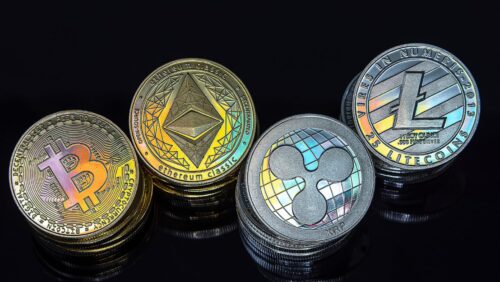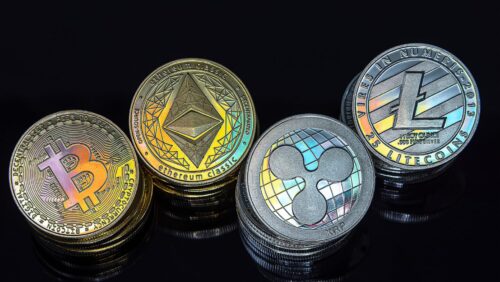Nigeria’s crypto community has been forced to adapt to a changing regulatory landscape after the Nigerian Communications Commission (NCC) restricted access to popular crypto exchanges like Binance, Coinbase, and Kraken. These restrictions have led traders to explore alternative platforms and methods to continue their crypto activities.
While some traders have turned to foreign exchanges like Bybit and Kucoin, others have opted for decentralized platforms and peer-to-peer trading on messaging apps like Telegram. However, these alternative methods come with their own risks, including security concerns and potential scams.
The Nigerian government’s actions against crypto exchanges have sparked debate and raised questions about the future of cryptocurrencies in the country. While the government’s intentions may be to protect consumers and maintain financial stability, the restrictions have also hindered innovation and limited financial opportunities for many Nigerians.
As the crypto industry continues to evolve, it remains to be seen how Nigeria will navigate the complex regulatory landscape and strike a balance between innovation and consumer protection.



